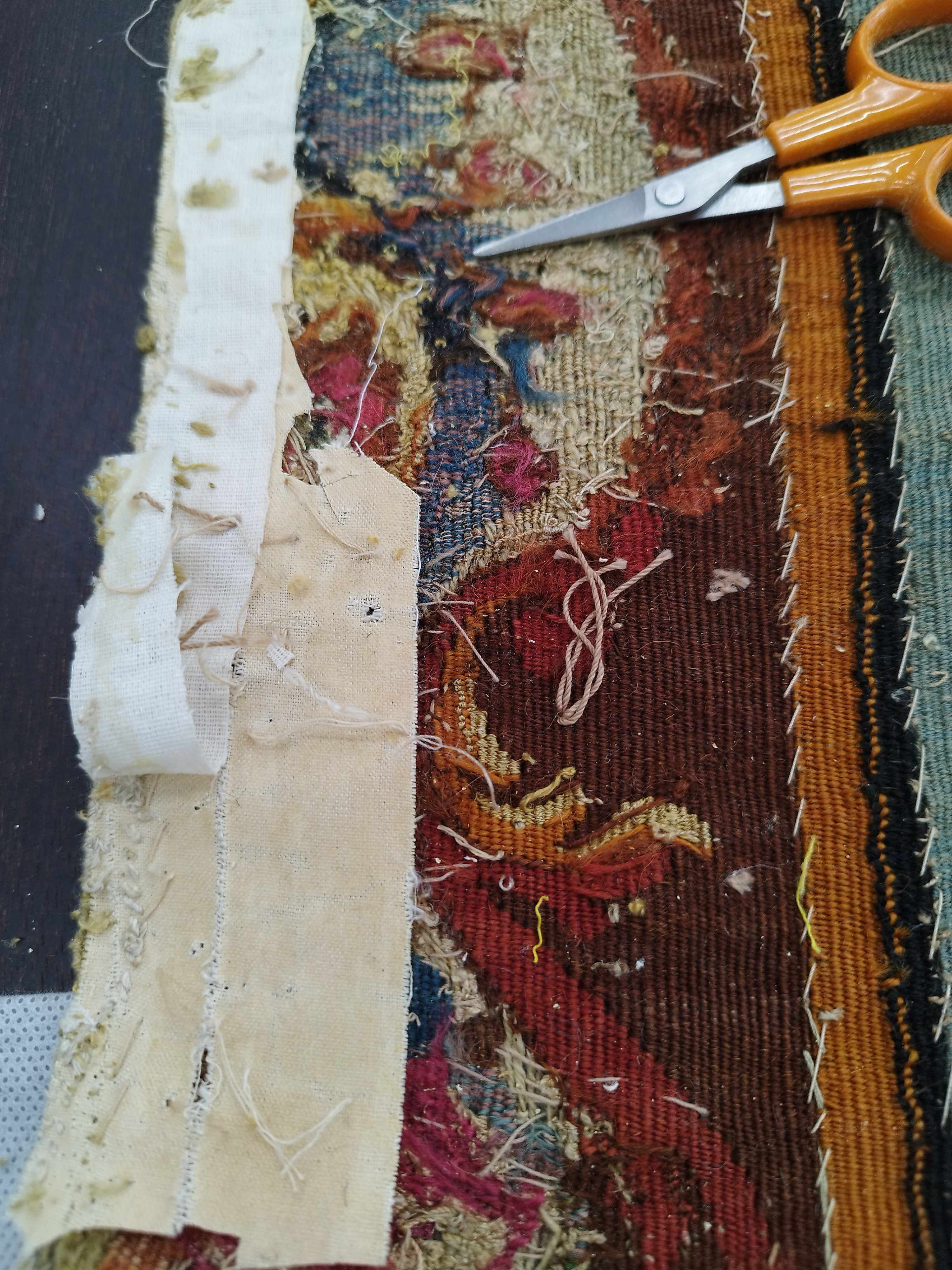Intestinal viruses: Practical guide for parents

How to distinguish this?
Agnija Vasčiūnaitė, a pediatrician and pediatric hematologist, shares practical tips for parents, and not only how to react and what actions to take in the acute abdomen reveals whether it is possible to identify home -made viruses at home.
Your doctor advises you on how to distinguish between food, virus or allergy poisoning.
“Both intoxication, viral intestinal infections and sometimes certain foods can occur with very similar symptoms: nausea, diarrhea, rashes. Although it is difficult to identify the cause of ailments at home without additional studies, knowing certain features can already be suspected of what the matter is available, ”says the doctor.
Food poisoning
When poisoning, I do not develop the symptoms of food -free or improper food after 6 to 12 hours. The most common is vomiting, sometimes it can be accompanied by diarrhea. Usually, the symptoms pass within 24-48 hours, and only those who have eaten the symptoms of food when other family members feel good at the time.
There are cases where intestinal ailments are also caused by intolerance to certain foods or an allergic reaction.
Viral infection
In our countries, we usually face rotavirus or norovirus, which, when entered into the body, cause inflammation of the stomach and intestine. These viruses spread through infected surfaces, food and contact with the sick, and symptoms usually develop within 1-2 days after contact with the virus. These viruses spread very fast in children's groups, from which the little ones bring them home and parents.
During the winter, a norovirus is more common, which is characterized by sudden nausea and vomiting as well as diarrhea. In some cases, these symptoms are accompanied by fever and / or body aches similar to those in the flu, which is why this infection is also called stomach flu. Rotavirus infection is characterized by acute aquatic diarrhea, vomiting. Temperatures may occur, abdominal pain.
“If these viruses usually do not cause major complications in adults and older children, they are quite dangerous for babies. In the event of diarrhea and / or vomiting, the toddlers lose their vital fluids very quickly and are much faster to dehydration, parents face the challenge of watering the offspring – warning a pediatric doctor, adding that the baby has become less urinated, urine became darker, the child has become unusually sluggish moderate dehydration.
Agnija Vaščiūnaitė / Photo by Personal Archive
What if it's an allergy?
There are cases where intestinal ailments are also caused by intolerance to certain foods or an allergic reaction. In this case, the symptoms occur soon after the use of an allergic reaction to the provocative product, and are accompanied by other phenomena such as skin rash, redness, respiratory difficulties. If the allergen is removed from the diet, the symptoms tend to recur every time when the body's response provoking stimulus is again confronted.
If this tendency is noted, it is useful to consult not only with a family or pediatrician but also an allergist, especially if at least one parent has an allergic disease. Children of allergic parents are known to face up to 60 percent. There is also a higher risk of allergic diseases.
Bacteria and protozoa
Unfortunately, sometimes similar symptoms are caused not by common viruses, but by dangerous bacteria or protozoa in the body, which require specific treatment. By the way, the latter are not only encountered by travelers, as is often thought. Some ailments bacteria are also adapted to live in our refrigerators on contaminated fruits and vegetables, such as Yersinia enterocolitica, often called refrigerator bacterium. Salmonella, which can enter the body through improperly heat -treated poultry or eggs, are also often found.
An innovative molecular examination is performed to accurately determine the pathogen – the so -called gastrointestinal panel. One sample investigates as many as 22 harmful infections: bacteria, viruses and protozoa, and the answer has been received within hours. If there is no specific treatment for a viral infection and there is a need to use sufficient fluids and patiently wait, in some cases of bacterial infections, the truth may not always be given, antibiotic or specific treatment may be given, and after the study detected protozoa.
First aid in illness
“In all cases, it is important to drink sufficient fluid when the body does not experience dehydration when confronted with acute diarrhea or vomiting. Even when vomiting is tired, try to sip fluid constantly – it can be simple or mineral water and an electrolyte -supplemented solution. It is important not to break the child immediately after the development of the child, but to wait 15-20 minutes, allow the stomach irritation to calm down and then water one sip every 3-5 minutes, ”says the doctor.
Although it may be difficult for children to offer water, but a pediatrician A. Vasčiūnaitė advises to avoid the sweet drinks – lemonade or juice or juice. The latter can enhance diarrhea. During the ailment period, she also advises you to choose light, sparing food, avoid dairy products, fresh fruits and vegetables. Diarrhea, which should be prescribed by a physician, can also be used to relieve symptoms, but only after confirming the viral origin of the intestinal infection.
It is important not to break the child immediately after the development of the child, but to wait 15-20 minutes, allow the stomach irritation to calm down slightly and then water one sip every 3-5 minutes.
“It is very important to follow hygiene to reduce the likelihood of transmitting the virus as much as possible to other family members, especially smaller siblings, who are far more dangerous. Every time you contact the patient, wash your hands, periodically clean the surfaces, do not use the same dishes or cutlery, ”the doctor warns.
From 2018 In Lithuania, two months of infants can be vaccinated with a vaccine that protects against rotavirus infection. Unlike conventional vaccines, the latter is not injected but orally. Puppies are given 2-3 small doses of a special solution and after a while immunity develops. Although the chances of developing rotavirus remain, vaccination will result in much milder symptoms and the baby will be protected from severe complications.
Babies are vaccinated for this vaccine for free. It is prescribed by a family doctor.








